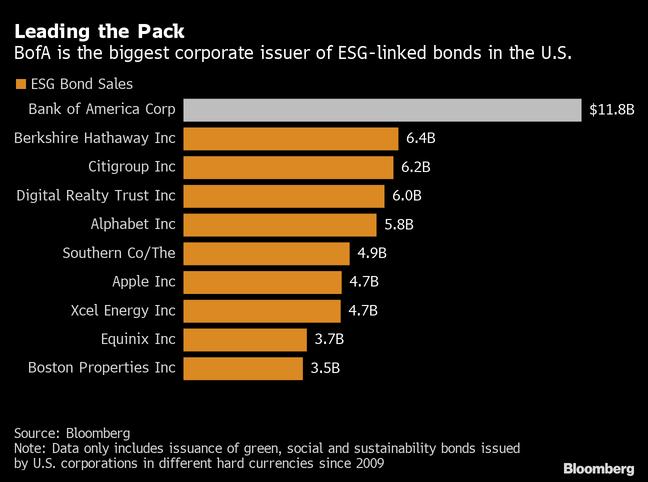What’s good for people is good for business—and that’s why financial leaders see opportunity in ESG.
When you think of the financial industry, chances are sustainability isn’t the first thing that comes to mind. That’s about to change.
In April 2021, the Prince of Wales joined 40 banks worldwide in a working group called the Sustainable Markets Initiative’s Financial Services Taskforce. Their goal was to understand how the banking industry impacts global sustainability efforts.
Out of this working group came the Net-Zero Banking Alliance, an agreement by banks to align lending and investment strategies using existing and new technologies and policies with net-zero emissions by 2030. This agreement not only targets the industry's own carbon emissions, but also allocates lending and investment funds to organizations involved in the reduction of carbon emissions.
Welcome to the ESG (environmental, social, governance) awakening in finance. There’s opportunity to be found, and that’s a win-win for the industry and the environment.
Customers follow their conscience
Financial institutions began shifting priorities from shareholder to stakeholder as far back as 2017, mostly in the form of changes to governance models to include socially responsible behaviors. The Net-Zero Banking Alliance goes further, adding the environmental and social aspects of ESG in a sweeping demonstration of commitment by banks that represent over 40% of the world's banking assets.
As customers follow their conscience, they have an increasingly loud say in how ESG is being adopted globally.The pressure to embrace diversity, equality, and inclusion is strengthened by the prevalence of ratings and social media.Customers' demands for institutions to behave in ways that align to what they believe is socially responsible are more visible and viral than ever before.

More customers are changing loyalties and choosing to do business with organizationswhose strategies and policies address environmental and social responsibility. A recent PwC survey of consumers and employees found that 83% of consumers believecompanies should be actively involved in creating ESG best practices, while 86% of employees prefer to work for companies whose beliefs align with their own. Even more significantly, 76% of consumers reported they would discontinue relationships with organizations that treated employees, communities, or the environment poorly.
Good for ESG, good for the industry
The financial services industry has a stake in ESG as well, from the impact of climate change on the insurance industry to the impact of fossil fuels and alternative energy sources on the capital markets and banking industries. Left alone, these effects have had, and will have, increasingly negative impacts on financial services globally.
It is clearly in the best interest of the industry to address ESG from a risk perspective as much as from a desire to align better with the social forces pushing for change.
In a way, financial institutions have been on this trajectory for a while. They have long worked with regulators to ensure appropriate business behaviors in areas like anti-money laundering (AML), a priority that continues to drive technology investments in the financial industry today. Combined with other regulations like know your customer (KYC), these capabilities are helping to address challenges that range from shutting down terrorist funding to eliminating human trafficking.
These messages are finding their way to the board rooms and executives suites of financial services institutions worldwide and are already helping to shape the way financial institutions are approaching ESG. In IDC's Future Enterprise Resiliency & Spending Survey, December 2021, financial institutions were asked, "Which of the following will your organization be most concerned with in 2022?"
Their top three answers were:
1.Customer privacy, health and safety protection
2.Employee health and safety
3.Environment and social responsibility
Today, most of the companies in the survey treat addressing ESG primarily as a reactive effort to comply with, or align to, external pressure to modify bad behaviors or add good ones. But given the appropriate strategy and armed with the right policies, processes, and technology capabilities, institutions can use ESG initiatives to their market advantage and create business opportunities.
To do so, the industry needs to strengthen and augment capabilities rooted in KYC and AML and expand them to non-regulatory (for now) initiatives that reflect ESG values.
Making ESG a priority
Implementing an ESG capability is not trivial, and there are some questions to consider when embarking on this journey:
Implementing ESG practices is a complex undertaking. To succeed, it must be supported by a variety of skills and technology. They include a new breed of risk management, strong data and analytics capabilities, and automation wherever possible to avoid creating new sources of operational complexity. If the industry can begin answering these questions and using technology that aligns with the requirements of ESG, the market opportunities are there and ready for the taking.
For advice and strategies to accelerate your progress for impact and long-term value, visit the ServiceNow ESG Workflow Guide.









